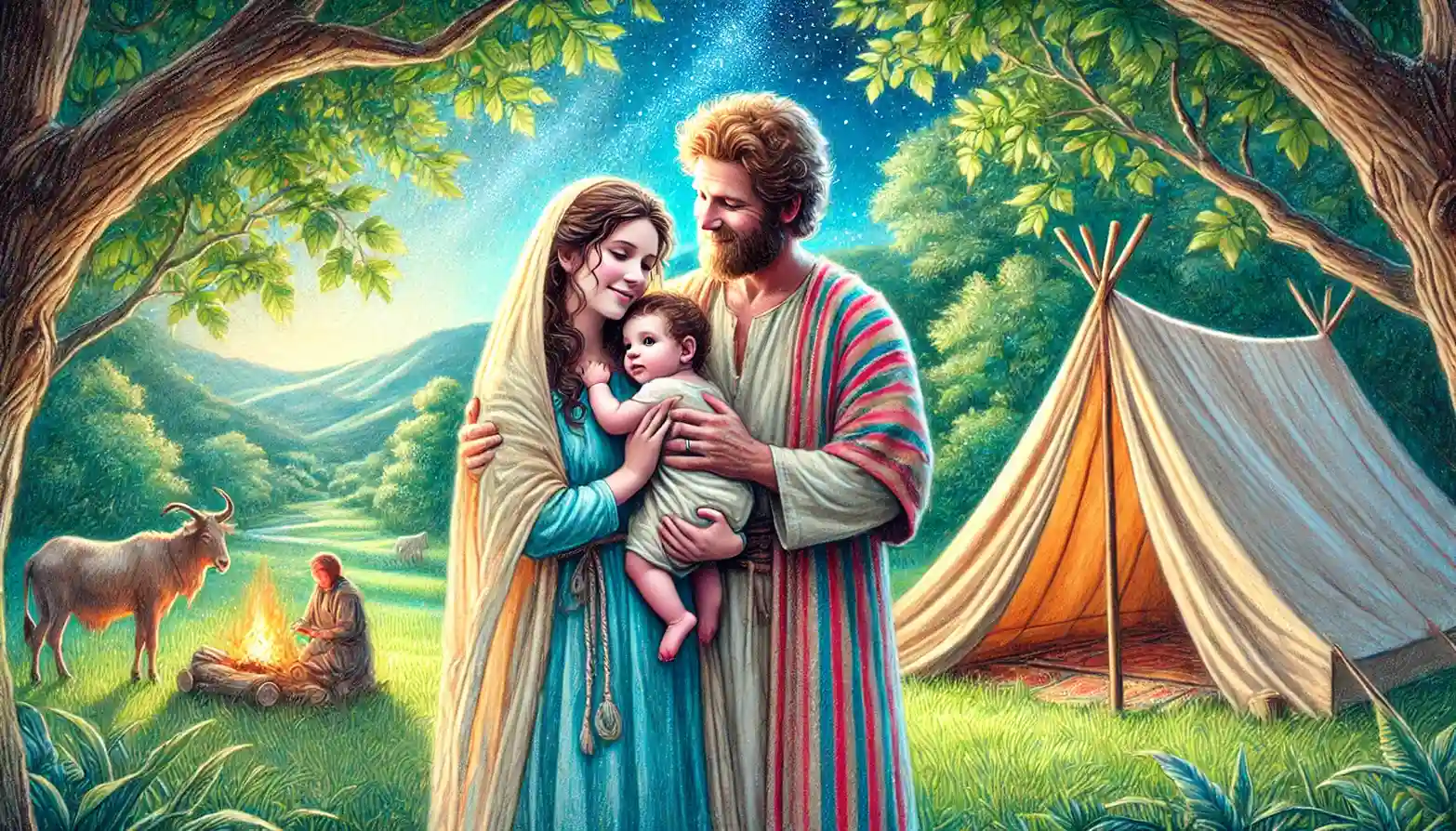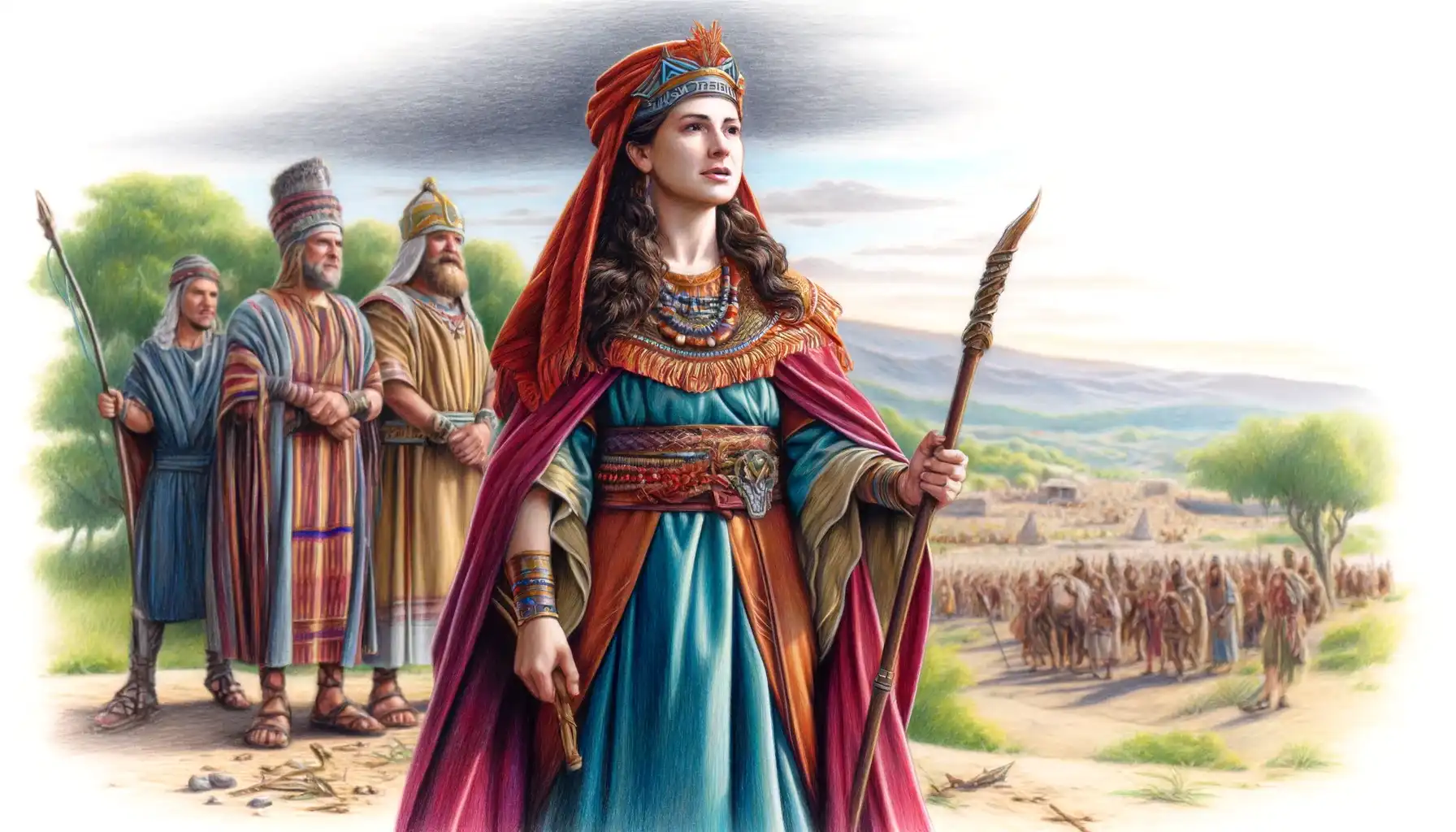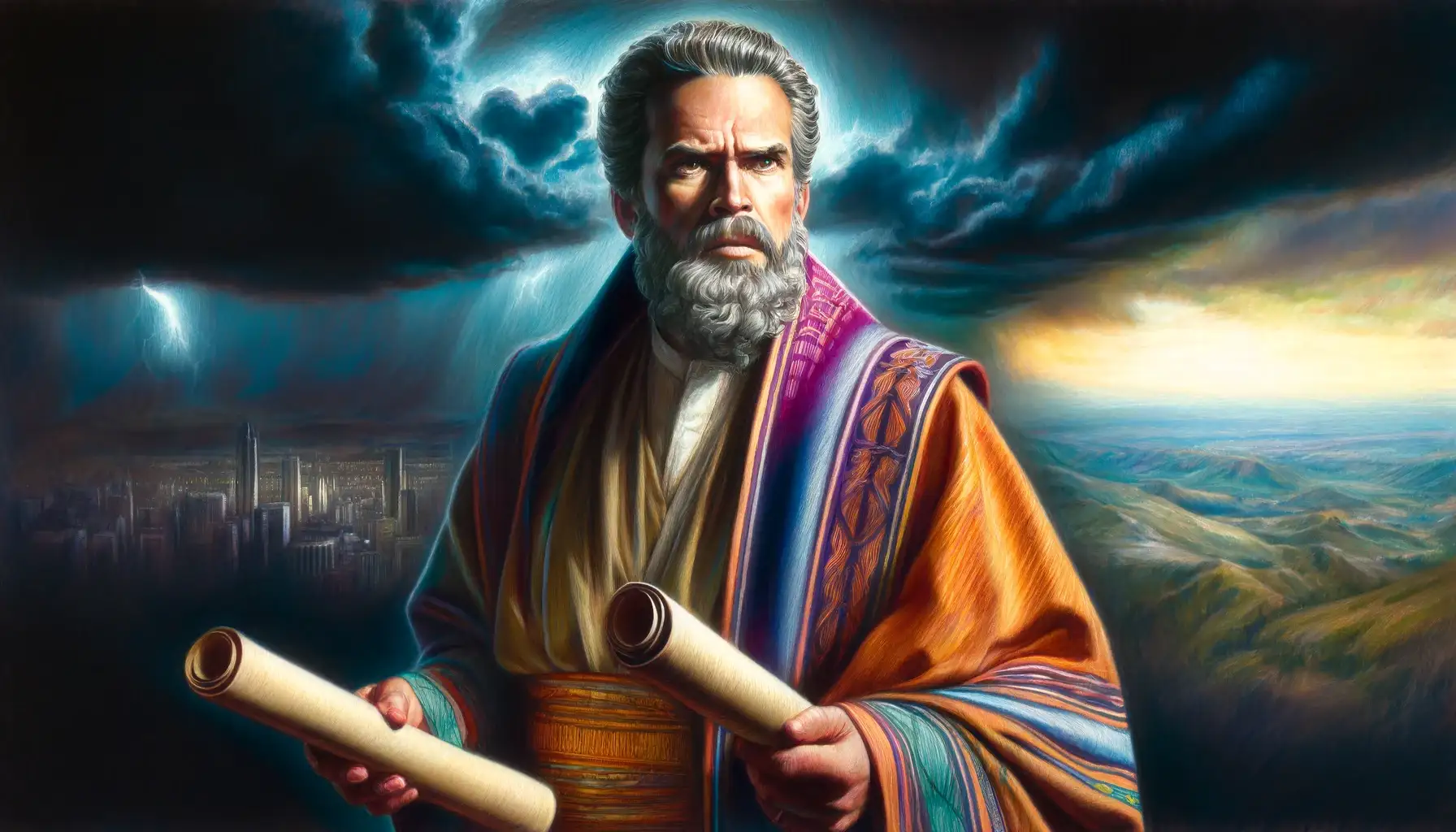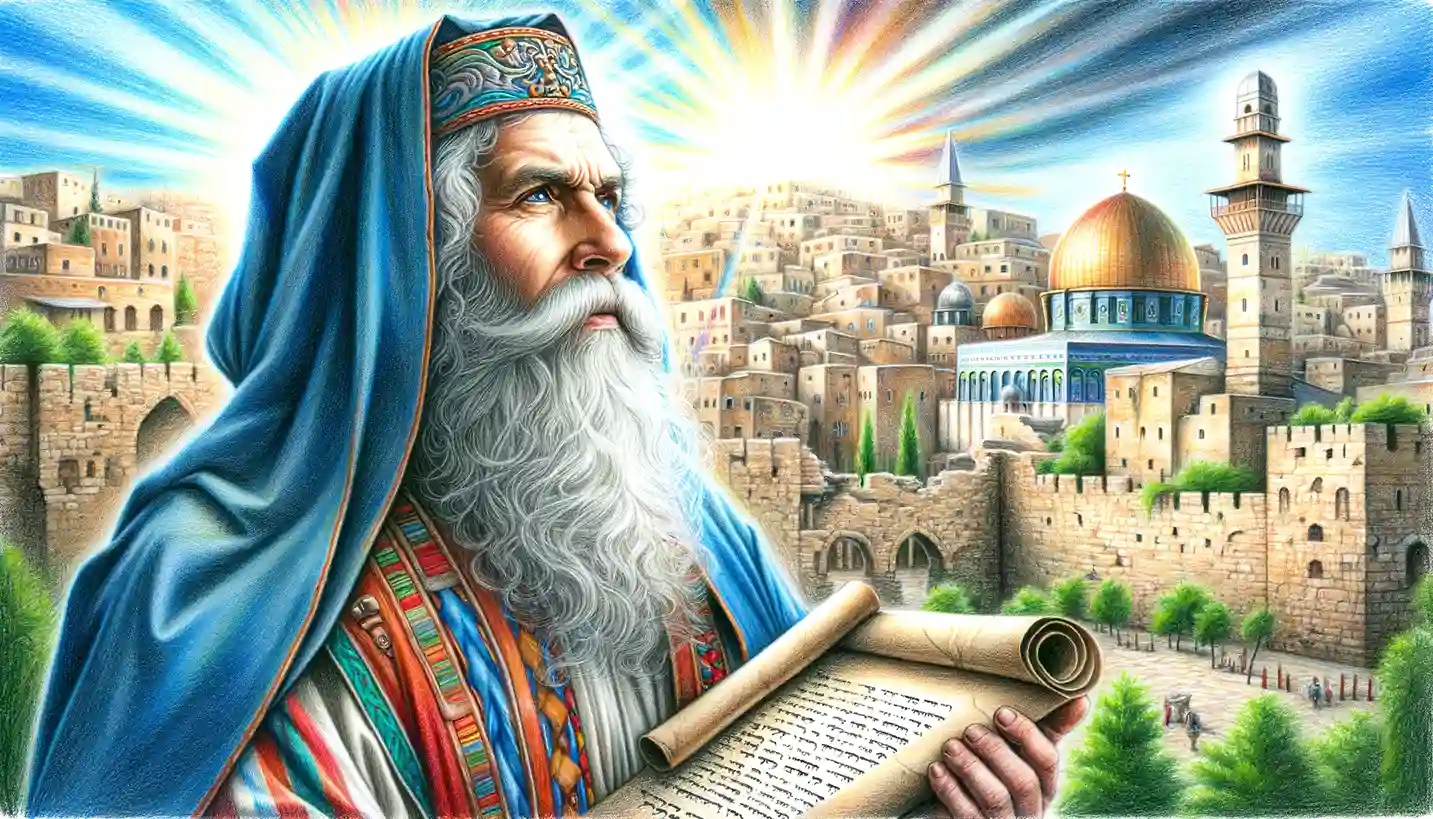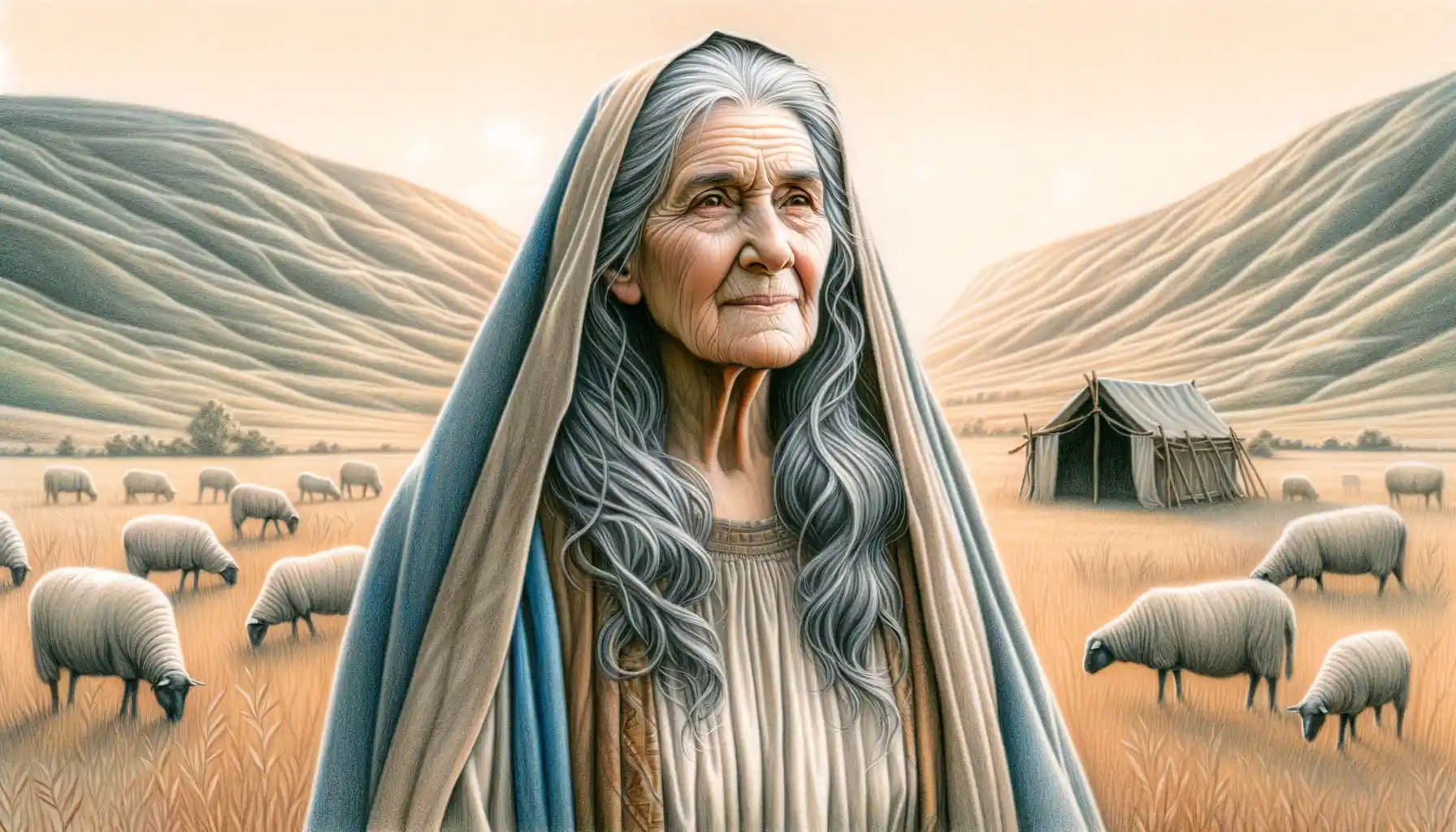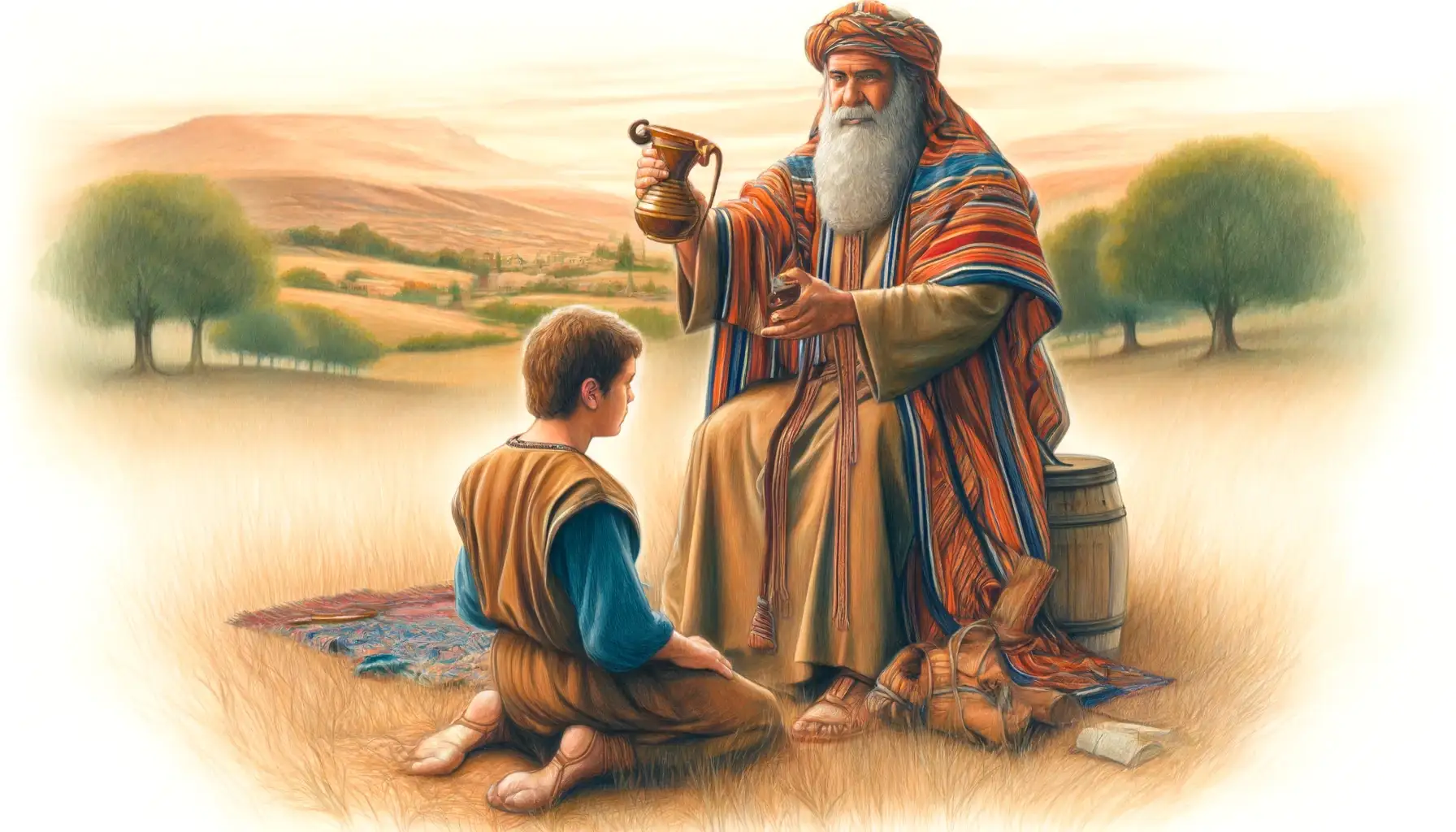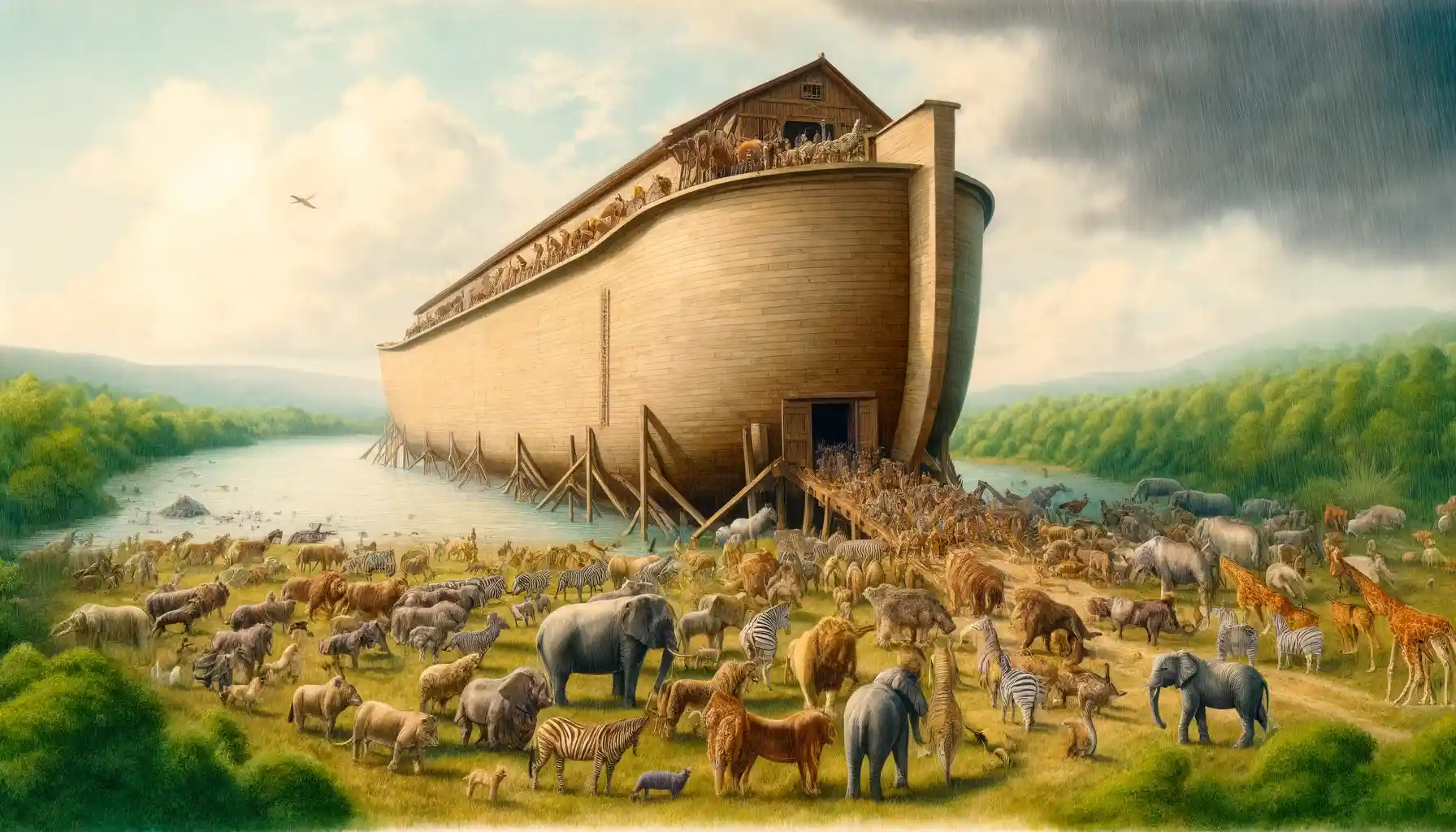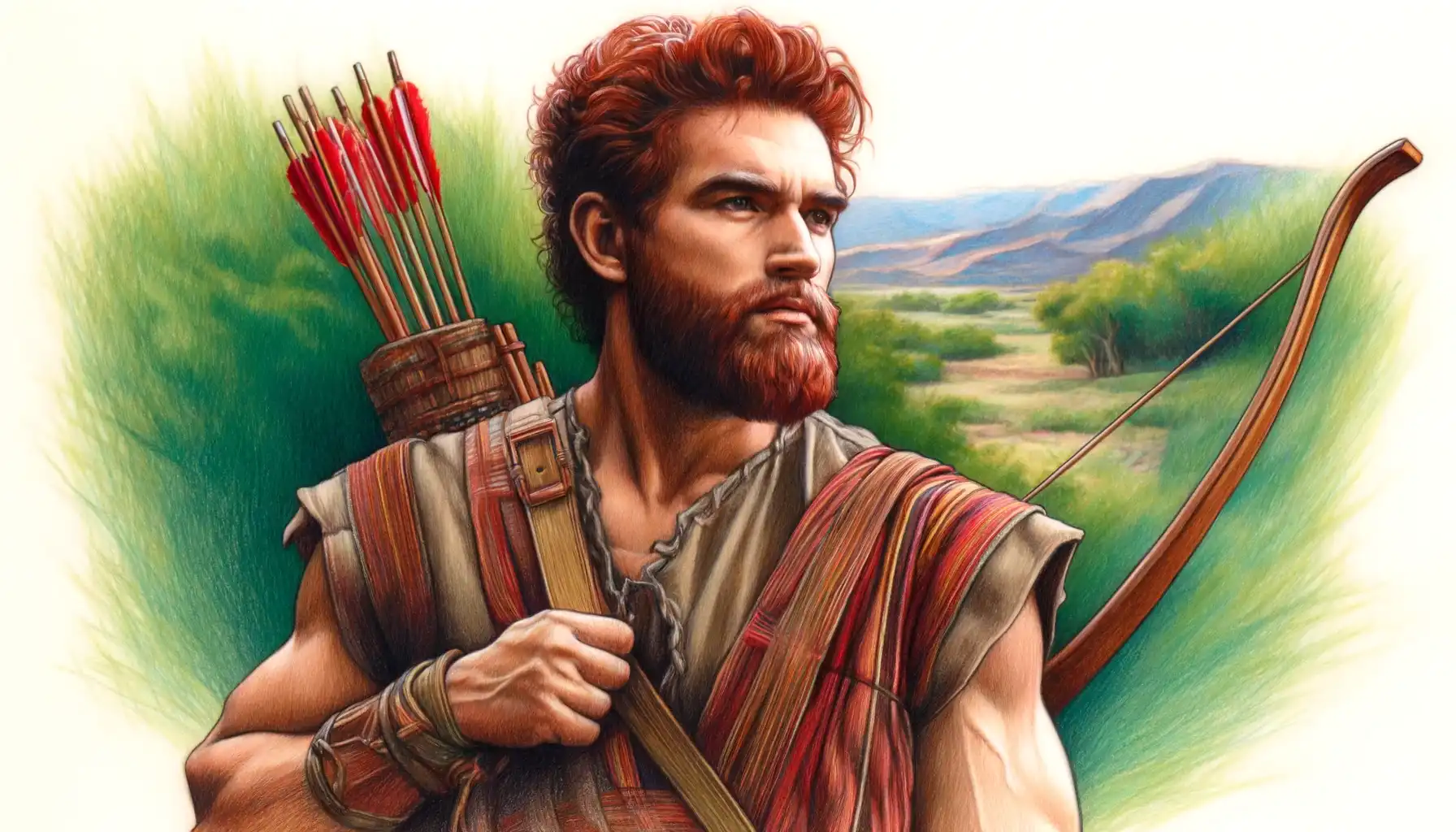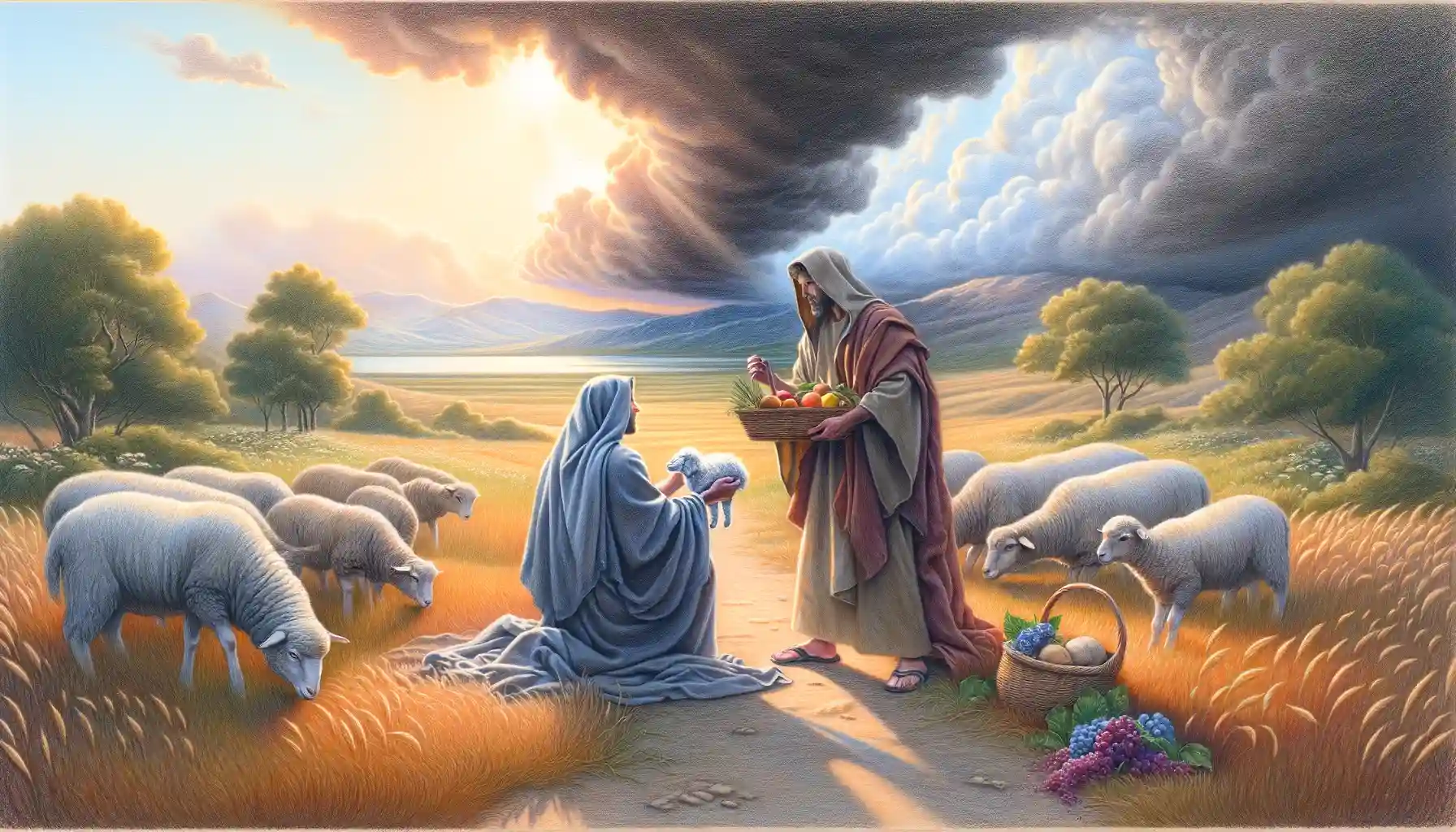Infertility in the Bible is depicted through the lives of Sarah, Rebekah, Rachel, Hannah, and Elizabeth, illustrating the profound faith and divine intervention that transformed their struggles into stories of hope and fulfillment.
Deborah, the only female judge in the Book of Judges, was a prophetess and leader who guided Israel to victory against the Canaanites and authored the Song of Deborah, showcasing her courage, faith, and leadership.
Zephaniah, a prophet during King Josiah’s reign, warned of the impending Day of the Lord, calling for repentance and promising restoration for the faithful remnant.
Zechariah, a prophet during the post-exilic period, received visions of Jerusalem’s restoration and the coming Messiah, providing hope and emphasizing God’s sovereignty.
Sarah, originally named Sarai, was the wife of Abraham and mother of Isaac, whose birth at her advanced age of 90 fulfilled God’s promise and demonstrated her unwavering faith in His plans.
Samuel, a prophet dedicated to God from birth, played a critical role in Israel’s history by serving as a judge and anointing its first two kings, Saul and David.
In the biblical narrative of Noah’s Ark and the Flood, detailed in Genesis chapters 6 through 9, God decides to cleanse the earth of its pervasive wickedness by sending a catastrophic flood, sparing only Noah, a righteous man, his family, and representative animal species who survive in a divinely instructed ark, leading to a renewed covenant symbolized by a rainbow.
Esau’s life story is a complex narrative of impulse, loss, and eventual reconciliation. It highlights themes of family, conflict, and redemption, providing deep insights into the consequences of choices and the power of forgiveness.
Cain’s story is a complex narrative exploring themes of sin, jealousy, divine justice, and mercy. It serves as a foundational tale about the severe consequences of unchecked negative emotions and actions.
Cain’s murder of Abel represents a tragic escalation of sin, illustrating its destructive impact not only on relationships but also on the broader moral order. This narrative has been deeply influential in religious and cultural contexts, shaping discussions about morality, justice, and human nature.

